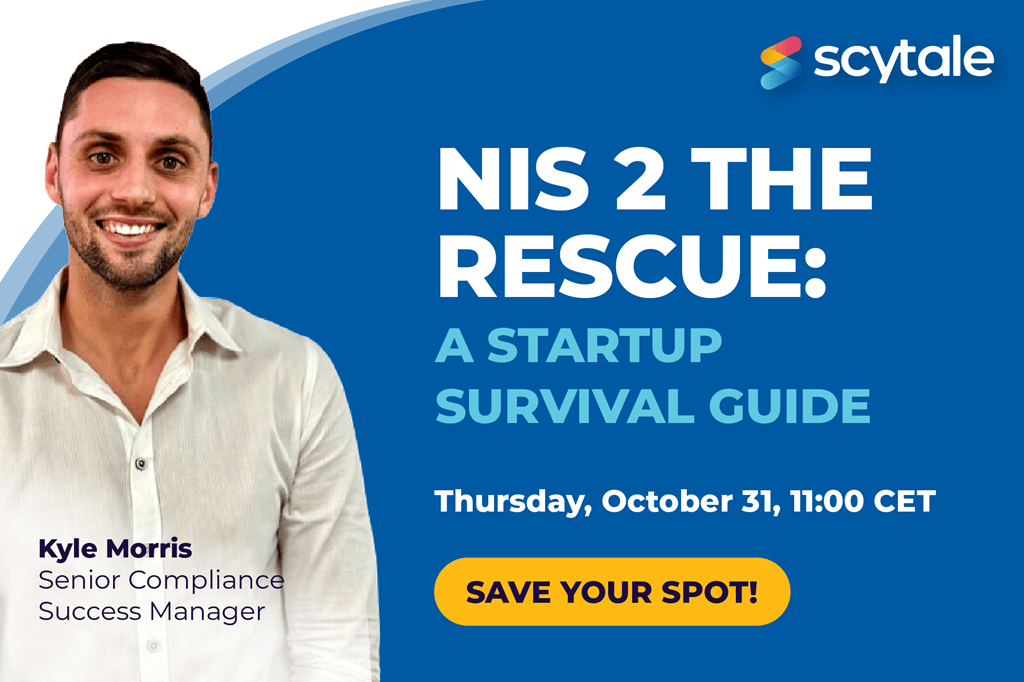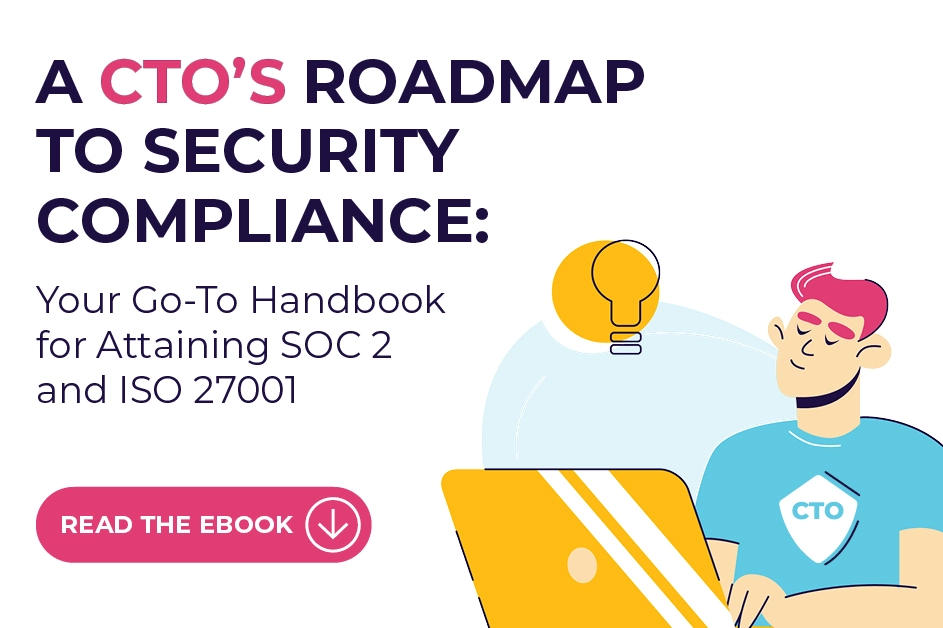Scytale now supports the CIS Controls Framework, allowing businesses to streamline their security and compliance processes.
Vendor Assessment
In order for an organization to make sure all their operations, security measures, policies and data handling are secure, monitored and compliant; they also need to make sure that the vendors they work with also adhere to practices that promote safe data handling and are protected against cyber breaches or attacks.
Organizations often need to take certain steps to ensure their vendors are just as compliant as them – This is where vendor assessments come into play. The aim of a vendor assessment is to determine if a vendor or supplier is suitable for a business partnership.
Why do we need vendor assessments?
A vendor assessment is an important action (assessment) needed to be taken by organizations to determine the capabilities, reliability and security infrastructure of their vendors. This includes assessing the vendor’s certifications, experience, technology infrastructure, facilities and resources. This can also include assessing a vendor’s compliance with data privacy laws, industry regulations, and the organization’s policies.
Vendor assessments determine if the vendors that organizations are working with are administering and maintaining the correct security tools. A vendor assessment program is put in place to make sure that the vendors that an organization works with, follows the information security policies and procedures that the company has established. This helps the company stay secure and protected from any potential security risks that may come from working with vendors. A vendor risk assessment is performed to identify any weaknesses in a vendor’s operations that could potentially impact the organization’s business operations, data security or regulatory compliance. Vendor assessments typically include evaluating factors such as the vendor’s data handling practices, cybersecurity measures, regulatory compliance and overall reputation.
Vendor assessment tools
Organizations may employ a vendor assessment tool to help with the assessment process, enabling them to efficiently collect and analyze vendor-related information. By conducting detailed vendor assessments, organizations can make informed decisions about engaging with vendors, mitigating potential risks and establishing robust vendor management practices that ensure the security and the continuity of their operations. A vendor assessment tool is an important resource for any organization doing business with third-party vendors or suppliers. These tools help you evaluate and score potential vendors based on a variety of important criteria.
A vendor assessment can include more specific types of assessments. This way certain areas can be evaluated by the organization more closely. Some of these assessments include:
- Cultural assessments: The process of evaluating a vendor’s culture, values, ethics and business practices.
- Compliance assessments: The process of evaluating a vendor’s adherence to relevant laws, regulations, policies and standards.
- Operational assessments: The process of evaluating a vendor’s day-to-day operations, processes and systems. This includes assessing the vendor’s project management methodology, quality management processes, resource allocation and other internal operations.
- Financial assessments: The process of evaluating a vendor’s financial stability and viability. This typically involves analyzing the vendor’s financial statements, credit score, profitability, growth rate, liquidity and other financial metrics.
- Risk assessments: The process of identifying, analyzing and evaluating potential risks associated with a vendor. This includes assessing risks related to the vendor’s compliance, security, operations, finance and reputation.
- Vendor security assessments: The aim of a security assessment is to evaluate a vendor’s security posture, policies and practices. This typically involves assessing aspects like the vendor’s security certifications, infrastructure, data protection measures, incident response processes and security culture. The goal is to determine the vendor’s ability to protect sensitive data and systems.







